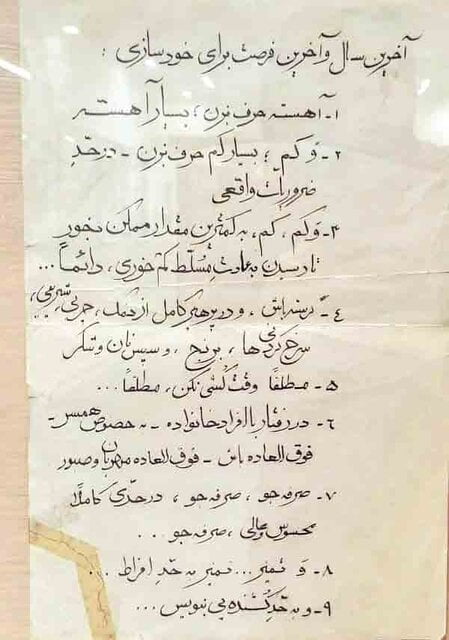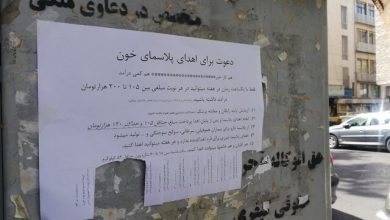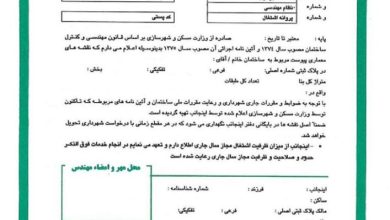Assisting a mobile repair shop in the Turkmen desert, working in a printing house, accounting and bank delivery, planning newspapers, magazines and other printing work, setting up a room for carpets in the market, translation and editing, practical science of Iran and printing articles about Iran, documentaries and films, illustrations for children’s books, management Library, calligraphy, drawing on scarves and clothes, teaching in universities made him into a great man named Nader Ibrahimi!
Journalists Plus: On a Thursday afternoon on June 16, 2007, when it was 15:15, a few years later, Nadir Ebrahimi succumbed to a tumor in his head, and the writer we loved finally left this world forever.
Providing a complete list of Nader Brahimi’s jobs is a challenging task. In two books “Ibn Atara” and “Abu Al-Mashagel” he wrote himself about the events of his life and his various activities. Ibrahimi witnessed many things during his life. He drew water from the pond, translated, illustrated books, and wrote.
“Quiet Romance,” “The City I Loved Again,” “Forty Short Letters to My Wife,” “A Man in Eternal Exile,” “On Red-Blue Roads,” “Inner Struggles,” “Smokeless Fire,” “Son” “Busyness and “Arash in the World of Doubt” are among the famous and popular works of this author, which have been reprinted many times.
Probably many of us have memories with “Quiet Romance”. This book was first published in 1374 by Ruzbahan Publishing House. In the spring of 2017, this book was included in the Holiday Plan bestseller list, as well as in the Fall Plan 10 bestseller list of 2017 and Summer Plan 2016 in the General Books Authored section.
In this romantic novel, Nader Ibrahimi tells a readable story about the life of a married couple and the adventures that happened to them, and creates engaging dialogues with his pen that make his audience think and make him realize that love at first sight should not be accepted. Look at memories and habits. Ebrahimi writes romance in a quiet love story, and behind this romance he conveys universal themes to his audience. Indeed, there is a flexible and believable worldview in the form of this book’s characters that we can put ourselves in their shoes and even identify with. Let’s learn from the simple and obvious characters of this book and play the music of our lives.
But what advice did Nader Ebrahimi give with this view of the world in the last years of his life?
It is said that Nader Ebrahimi used to write the tasks he had planned for a year in bold and pasted them on the wall of his room. At the end of his life, he wrote a note to abide by its provisions, which is now preserved in the Nader Ibrahimi Museum.

The text of this note, which is similar to a letter of recommendation, is as follows:
Last year and last chance for self-improvement:
speak slowly; very slow
and low; He spoke very little. to the extent of real needs
And eat as little food as possible until you get used to eating less food
Be hungry and completely avoid fats, sweets, salt, fried foods, rice, bread and sugar
Absolutely not wasting time at all…
Be excellent in treating family members, especially your wife, with the utmost kindness and patience
frugal, frugal to a very noticeable and excellent level, frugal …
Clean and very clean…
write to die…
the end of the letter










